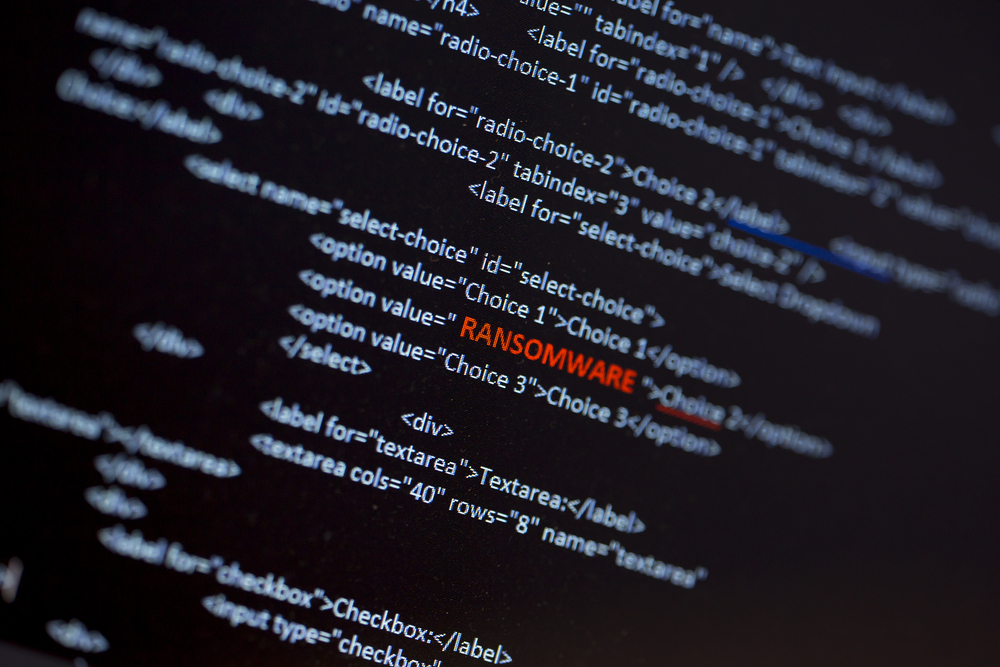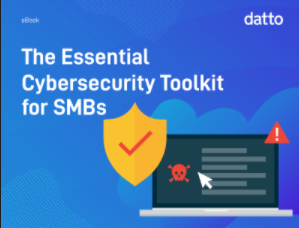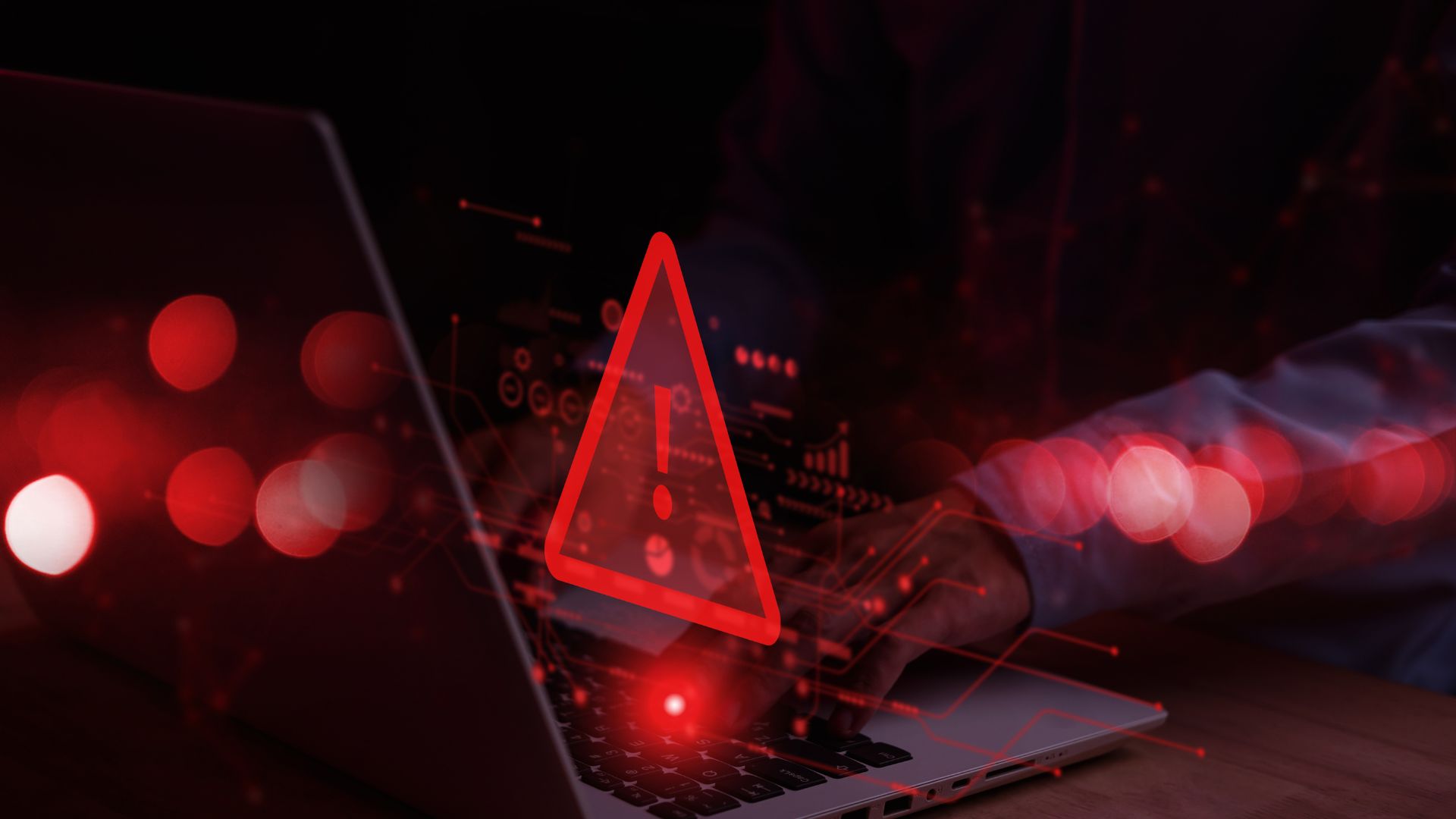Ransomware remains the top cyber security risk for SMBs
Datto reveals that the average cost of downtime is now 94% greater than last year


Ransomware still poses the biggest malware threat to small and medium-sized businesses (SMBs), cloud cyber security provider Datto has found.
The findings are part of Datto's fifth annual Global State of the Channel Ransomware Report, which surveyed more than 1,000 MSPs on trends driving ransomware breaches, as well as the impact COVID-19 has had on SMB security.
According to the findings, 60% of MSPs reported that their SMB clients have been hit as of Q3 2020, with the average cost of downtime now 94% greater than last year. The figure was also found to be six times greater than 2018, increasing from $46,000 to $274,000.
More than half (59%) of MSPs said remote work due to COVID-19 resulted in increased ransomware attacks, while 52% said shifting client workloads to the cloud increased security vulnerabilities. In Europe, 42% of MSPs reported that ransomware attacks increased due to remote working.
"The COVID-19 pandemic has accelerated the need for stronger security measures as remote working and cloud applications increase in prevalence," commented Ryan Weeks, Datto’s CISO.
Globally, healthcare was found to be the most vulnerable industry during the pandemic (59%), while finance and insurance was the most vulnerable in Europe. European MSPs (85%) also reported that their clients suffered more attacks than any other region, with the average cost of downtime continuing to overshadow the actual ransom amount.
In terms of methods, the survey revealed that phishing emails were the most successful form of attack, with 57% of European MSPs reporting it as the top method, while 21% reported attacks on clients’ software as a service (SaaS) applications.
Sign up today and you will receive a free copy of our Future Focus 2025 report - the leading guidance on AI, cybersecurity and other IT challenges as per 700+ senior executives
Windows endpoint systems applications were the most targeted by attackers, with 90% of ransomware attacks targeting Windows PCs across the continent this year, Datto said.
It’s not just SMB clients that are at risk, either. A massive 95% of MSPs stated that their own businesses are also in danger, with almost half (46%) opting to partner with Managed Security Service Providers to protect both themselves and their clients.
RELATED RESOURCE

The essential cyber security toolkit for SMBs
Practical tips for cyber security training
SMBs are also upping their security budget to combat the threat, the report revealed, with half the surveyed MSPs reporting that their clients have allocated more funds to protect their business.
Business continuity and disaster recovery (BCDR) remains the number one solution for combatting ransomware, Datto added, with 91% of MSPs reporting that their clients with BCDR solutions in place are less likely to experience significant downtime during an attack. Employee training and endpoint detection and response platforms came second and third respectively, the report found.
"Reducing the risk of cyber attacks requires a multi-layered approach rather than a single product – awareness, education, expertise, and purpose-built solutions all play a key role," Weeks added.
"The survey highlights how MSPs are taking the extra step to partner with MSSPs that can offer more security-focused experience, along with a more widespread use of security measures like SSO and 2FA – these are critical strategies businesses and municipalities need to adopt to protect themselves from cyber threats now and in the future."
Dan is a freelance writer and regular contributor to ChannelPro, covering the latest news stories across the IT, technology, and channel landscapes. Topics regularly cover cloud technologies, cyber security, software and operating system guides, and the latest mergers and acquisitions.
A journalism graduate from Leeds Beckett University, he combines a passion for the written word with a keen interest in the latest technology and its influence in an increasingly connected world.
He started writing for ChannelPro back in 2016, focusing on a mixture of news and technology guides, before becoming a regular contributor to ITPro. Elsewhere, he has previously written news and features across a range of other topics, including sport, music, and general news.
-
 What is Microsoft Maia?
What is Microsoft Maia?Explainer Microsoft's in-house chip is planned to a core aspect of Microsoft Copilot and future Azure AI offerings
-
 If Satya Nadella wants us to take AI seriously, let’s forget about mass adoption and start with a return on investment for those already using it
If Satya Nadella wants us to take AI seriously, let’s forget about mass adoption and start with a return on investment for those already using itOpinion If Satya Nadella wants us to take AI seriously, let's start with ROI for businesses
-
 There’s a dangerous new ransomware variant on the block – and cyber experts warn it’s flying under the radar
There’s a dangerous new ransomware variant on the block – and cyber experts warn it’s flying under the radarNews The new DeadLock ransomware family is taking off in the wild, researchers warn
-
 Hacker offering US engineering firm data online after alleged breach
Hacker offering US engineering firm data online after alleged breachNews Data relating to Tampa Electric Company, Duke Energy Florida, and American Electric Power was allegedly stolen
-
 Cybersecurity experts face 20 years in prison following ransomware campaign
Cybersecurity experts face 20 years in prison following ransomware campaignTwo men used their tech expertise to carry out ALPHV BlackCat ransomware attacks
-
 US small businesses are fighting off a wave of cyber attacks
US small businesses are fighting off a wave of cyber attacksNews While threats are rising, many small business owners are trying to manage the risk themselves
-
 15-year-old revealed as key player in Scattered LAPSUS$ Hunters
15-year-old revealed as key player in Scattered LAPSUS$ HuntersNews 'Rey' says he's trying to leave Scattered LAPSUS$ Hunters and is prepared to cooperate with law enforcement
-
 The Scattered Lapsus$ Hunters group is targeting Zendesk customers – here’s what you need to know
The Scattered Lapsus$ Hunters group is targeting Zendesk customers – here’s what you need to knowNews The group appears to be infecting support and help-desk personnel with remote access trojans and other forms of malware
-
 Impact of Asahi cyber attack laid bare as company confirms 1.5 million customers exposed
Impact of Asahi cyber attack laid bare as company confirms 1.5 million customers exposedNews No ransom has been paid, said president and group CEO Atsushi Katsuki, and the company is restoring its systems
-
 The US, UK, and Australia just imposed sanctions on a Russian cyber crime group – 'we are exposing their dark networks and going after those responsible'
The US, UK, and Australia just imposed sanctions on a Russian cyber crime group – 'we are exposing their dark networks and going after those responsible'News Media Land offers 'bulletproof' hosting services used for ransomware and DDoS attacks around the world
